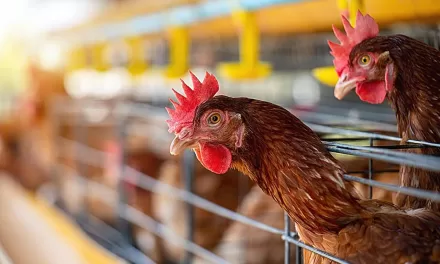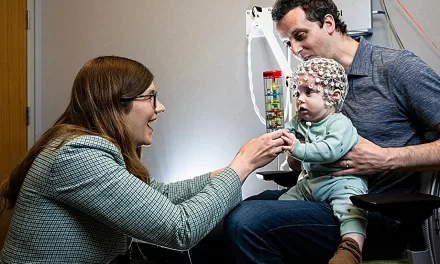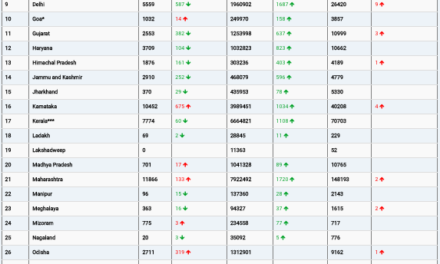December 11, 2024 – Berkeley, CA
A decade after Berkeley, California, became the first city in the U.S. to implement a soda tax, new research from UC Berkeley reveals that these taxes have not only reduced soda sales but have also influenced significant changes in public attitudes toward sugary drinks.
Historically, cigarettes and soda were widely accepted and even glamorized in mainstream culture. However, the introduction of higher taxes on cigarettes, along with extensive public health campaigns, drastically changed social norms around smoking. Now, researchers suggest that sugary drinks could be on a similar trajectory.
The study, led by Kristine A. Madsen, a professor at UC Berkeley’s School of Public Health, examined how taxes on sugar-sweetened beverages in the Bay Area have affected public perceptions of sodas, juices, and sports drinks. The findings suggest that, much like the shift in attitudes toward smoking, these taxes are leading to a dramatic shift in how people view sugary beverages.
“Social norms are really powerful. The significant shift we saw in how people are thinking about sugary drinks demonstrates what else we could do,” Madsen said. “We could reimagine a healthier food system. It starts with people thinking, ‘Why drink so much soda?’ but what if we also asked, ‘Why isn’t most of the food in our grocery stores food that makes us healthy?’”
In their study, Madsen and her team from UC Berkeley, UC San Francisco, and UC Davis analyzed surveys from 9,128 residents of lower-income neighborhoods in Berkeley, Oakland, San Francisco, and Richmond. They tracked changes in attitudes toward sugary drinks from 2016 to 2021. The researchers specifically focused on how public perceptions of sugar-sweetened beverages had shifted in response to the introduction of taxes on these drinks in the region.
The results were striking. The study found a 28% decline in the social acceptability of drinking sugary beverages. In Oakland, for instance, positive perceptions of sports drinks declined after the tax increase. Similarly, in San Francisco, attitudes about the healthiness of sugary fruit drinks also worsened. Overall, people seemed to believe that their peers were drinking less soda and sugary beverages, a perception that influenced their own consumption habits.
“What it means when social norms change is that people say, ‘Gosh, I guess we don’t drink soda. That’s just not what we do,'” Madsen explained. “And that’s an amazing shift in mindsets.”
The research contributes to a growing body of evidence supporting the effectiveness of soda taxes in both reducing consumption and changing public attitudes. Previous studies by UC Berkeley researchers have shown that the city’s soda tax has led to significant reductions in soda consumption and a shift toward healthier beverages, such as water.
The research team attributes much of the success of these tax measures to the widespread media coverage of the issue. Over 700 media stories about soda taxes were published during the study period, contributing to heightened public awareness and social acceptance of the idea that sugary drinks are unhealthy.
Madsen emphasized that these findings have important implications for future public health efforts. Just as cigarette smoking became socially unacceptable over time, so too could the consumption of sugary drinks. The study suggests that policies aimed at curbing soda consumption, such as taxes and educational campaigns, can lead to significant shifts in social norms.
“If we change our behaviors, the environment follows,” Madsen concluded. “While policy really matters and is incredibly important, we as individuals have to advocate for a healthier food system.”
As sugary drink consumption continues to decline, the ongoing efforts to reshape public attitudes around these beverages could pave the way for a healthier food system across the nation.
For more information, see: Emily Altman et al, “De-normalizing sugar-sweetened beverage consumption: effects of tax measures on social norms and attitudes in the California Bay Area,” BMC Public Health (2024).












